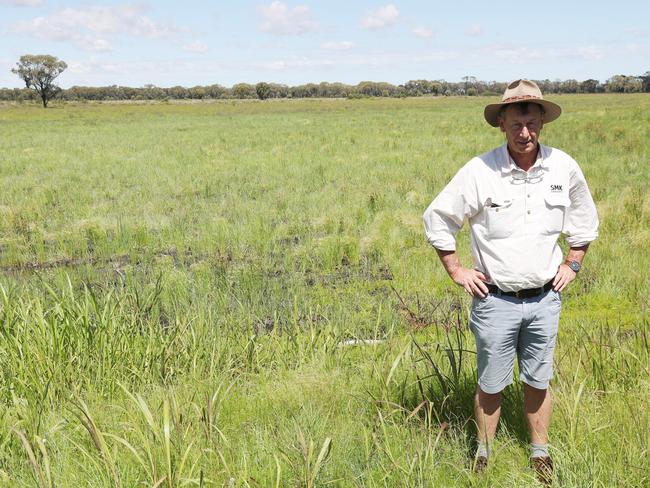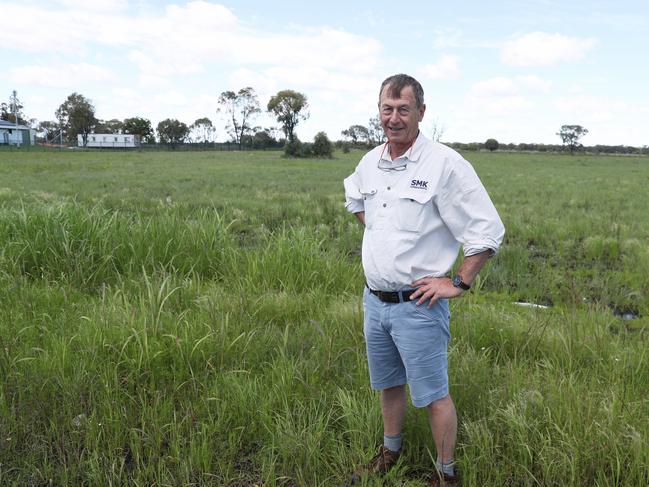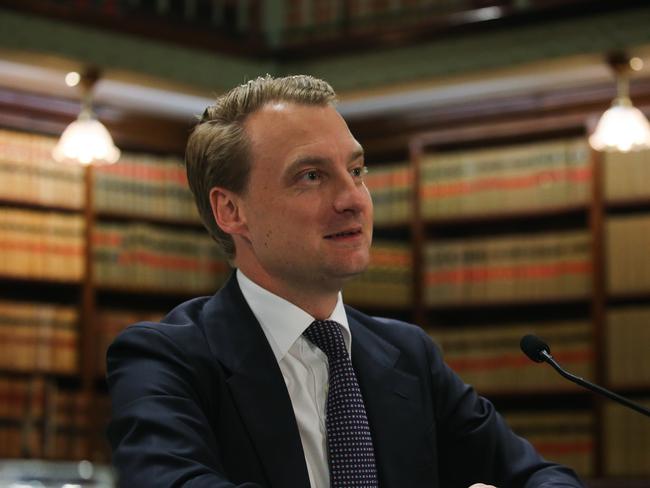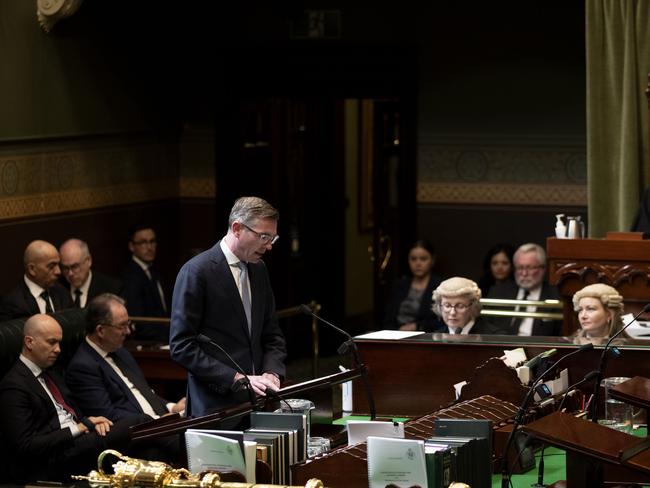Regional NSW call on Environment Minister to dump biodiversity tax
Country mayors and MPs are calling for a “senseless” biodiversity tax to be dumped before it completely strangles development and jobs in regional NSW.
NSW
Don't miss out on the headlines from NSW. Followed categories will be added to My News.
Country mayors and MPs are calling for a “senseless” biodiversity tax to be dumped before it completely strangles development and jobs in regional NSW.
The Biodiversity Offsets Scheme has stockpiled more than $350 million in a slush fund while rendering a string of job-creating projects in regional NSW completely unaffordable.
“It is nothing more than a tax on regional development,” Country Mayors Association spokesman Craig Davies said before listing a string of developments that had been axed because the biodiversity offset tax left them uneconomical.
In one case Bourke Shire Council created $48,000 commercial blocks to help businesses tackle unemployment.
The project was shelved when the Biodiversity Offset was set at a whopping $480,000 per block.

“The devastation being rendered on rural and regional areas by this truly senseless legislation is unimaginable. It is killing initiative, incentive, investment, development and job creation,” Mr Davies said.
“The Minister knows this is a dog’s breakfast because I sat down and told him two months ago.
“I don’t think there is a person in the bush who doesn’t appreciate that we need to preserve our environmental assets,” Mr Davies said.
“But these fruitcakes in Sydney are putting massive values on pieces of scrub.”
Mr Davies said a fair measure of a 10 per cent tax to offset loss of biodiversity would allow developers to factor in the cost. The uncertainty was killing projects.
The scheme was slammed by the NSW Audit Office three months ago which listed “key concerns around the Scheme’s transparency, sustainability and integrity” and said it was a “failure by almost every measure”.

Despite this and protests from regional mayors the Environment Minister James Griffin insisted the disastrous scheme was doing well.
“The scheme is in its strongest position since commencement, and I appreciate the Auditor General’s acknowledgment of the work undertaken to improve the Scheme to date.
“Since taking on the responsibility for this scheme in December as Environment Minister, I’ve been focused on making sure the scheme is easier to participate in, brings greater consistency to how it applies to local development, and stimulates the supply of efficiently priced biodiversity credits,” he said.
A five year statutory review led by Dr Ken Henry into the Biodiversity Conservation Act is also underway but the Minister said that was not a response to the Auditor General’s criticism of the offsets scheme.

Moree Environmental Scientist Peter Taylor said the feeling in regional NSW is that the scheme remains unworkable. He said it had cost the town a new 300 place agricultural college.
“An investor wanted to buy 17 acres of grassy scrub on the edge of town for $400,000 was told it would mean he had to pay between $4 and $6 million in biodiversity offsets. So the college and all the jobs it would have provided did not go ahead.”
Mr Taylor said that was just one of numerous examples where investment had been stymied by the tax including a major investment in 20 hectares of glasshouses that did not go ahead when the offset bill came in at $8 million.
“People come here with a pocketful of cash to invest in the region and then they get hit with this and nothing happens,” Mr Taylor said.
The scheme has faced withering criticism both from the Opposition and the government‘s own ranks.

“My experience of biodiversity offsets is it‘s a shit system, designed by metro-based bureaucrats to make city-dwellers feel better, without actually doing anything meaningful,” Nationals MP Wes Fang said.
Labor MP Penny Sharpe declared her party would reform the system if they are elected next year.
“The current offsets system is failing. It is too complex and inflexible,” she said.
“Labor has met with regional councils, local communities, landholders and scientists who all agree it needs to be overhauled.
“If elected in March Labor will use the statutory review of the Biodiversity Conservation Act to fix the current system. The status quo is working for no one.”




